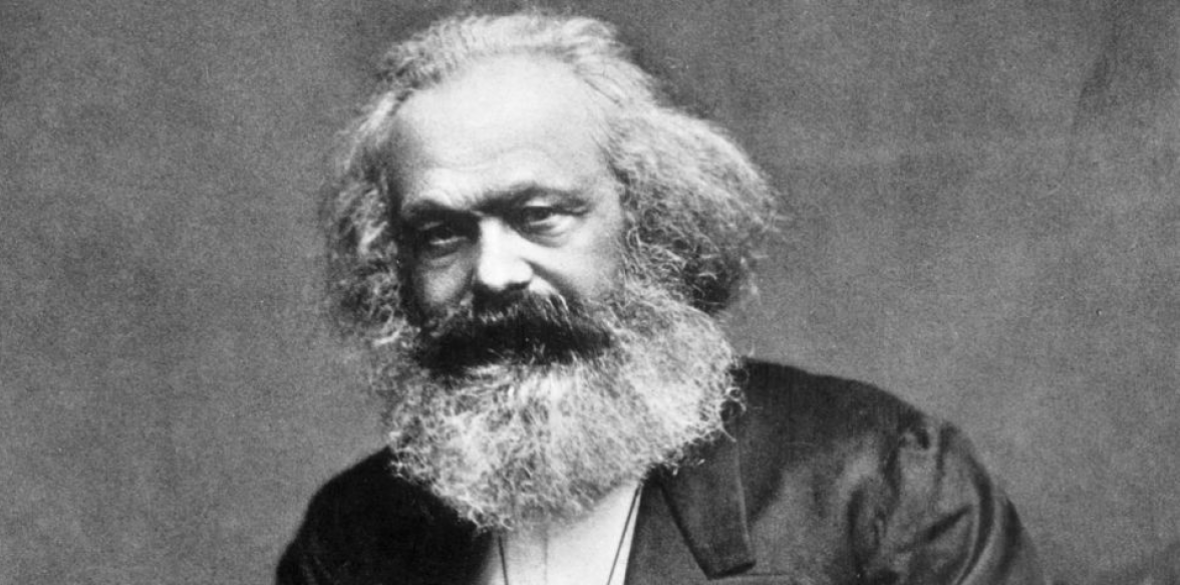This is the last article you can read this month
You can read more article this month
You can read more articles this month
Sorry your limit is up for this month
Reset on:
Please help support the Morning Star by subscribing here
THE correspondence between Marx, Engels and others occupies several volumes of the 50-volume Collected Works. The correspondence, of course, is not a diary and much is rightly taken up with the theory and practice of politics.
Yet there are passages which reflect Marx and Engels’ life in mid-Victorian England and how they viewed affairs in what was then the predominant capitalist power. These insights often informed their political and theoretical work and they also take away from the right-wing stereotype that Marx and Engels were iconoclasts untroubled by the issues and difficulties of daily life.
While Christmas had been reinstated as a holiday period in the 1850s, partly thanks to the efforts of Charles Dickens, the marking of Easter developed more slowly. Good Friday, then as now, was an important Christian occasion but Easter Monday did not become a public holiday until after the 1871 Bank Holidays Act. Before then, cheap rail excursions for the working class had started to become a feature.
Marx and Engels did not spend Easter together and had varied reasons for taking a break around the late March and April period. Marx was sometimes to be found at the seaside, primarily Margate and Ramsgate for health reasons. Engels, who retired as a Manchester businessman in 1870, took shorter breaks or used the time to meet friends and political allies.
At Easter 1866 Marx was in Margate and on April 2 wrote to Engels from his holiday address at 5 Lansell’s Place.
“The weather has been very bad here for several days, as if it had been made especially to order for the cockneys who have invaded this place for the Easter holidays.”
Marx had been staying in Margate, one of his favourite seaside resorts, for several weeks for health reasons. It was quiet and out of season until Easter, when tourists from London arrived.
On the same day, Engels also wrote to Marx — the post at this time was often collected and delivered on the same day. He noted that he had been in Wales over Easter. This was likely to have been north Wales where Engels was an occasional visitor. He also checked that Marx had received the £10 he had sent, no doubt to cover expenses.
On Sunday April 19 1874 Marx wrote to Jenny Marx from Ramsgate: “The air here is delightful but despite all the walking I do, I have not yet managed to get a good night’s sleep. The place is not quite deserted but it is the home-brewed people who are most in evidence as yet.”
Marx also reported a successful effort to negotiate an appropriate rent for his stay, underlining that it’s the writer of Capital, not Donald Trump, who really grasps the art of the deal: “There was no price fixed for it either. The landlady first asked for £1 and then came down to 12 shillings.”
Marx and Engels while taking advantage of the Easter break also took a wry view of the peculiarly English way it was marked. Marx wrote to Engels on March 29 1869: “The children left on Friday (to the horror of the English, on Good Friday). We received a letter from them this morning. They arrived safely in Paris, but had a stormy crossing. I am not yet a freeborn Briton. One resists such a step as long as one can.”
Marx’s comment was aimed not just at his refusal to conform to an English Good Friday but also a criticism of some on the First International who thought Marx and Engels should be placed in the English section due to their place of residence.
There is, it should be noted, no reference to Easter eggs in the correspondence!
Keith Flett is a socialist historian. Follow him on X @kmflett.











